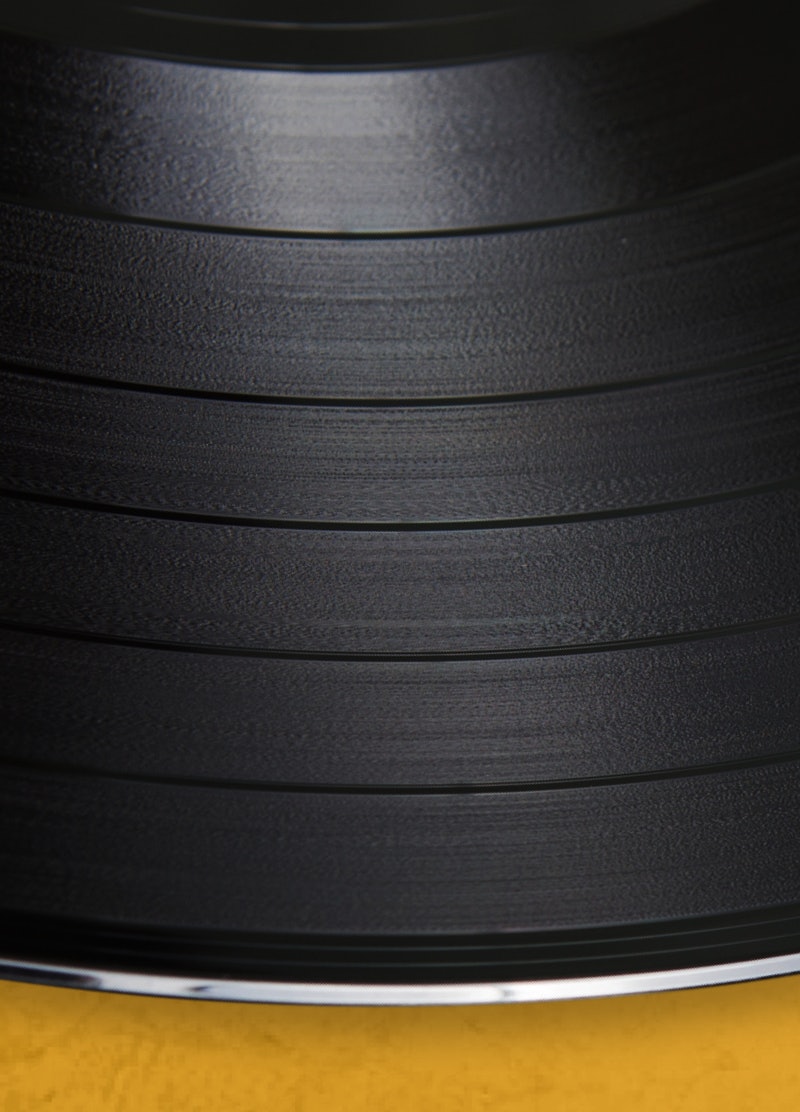

1938 – 2024
Duane Eddy

”Instrumentalists don’t usually become famous. But Duane Eddy’s electric guitar was a voice all its own. His sound was muscular and masculine, twangy and tough. Duane scored more than thirty hits on the pop charts. But more importantly, his style inspired thousands of hillbilly cats and downtown rockers—the Ventures, George Harrison, Steve Earle, Bruce Springsteen, Marty Stuart, to name a few—to learn how to rumble and move people to their core. The Duane Eddy sound will forever be stitched into the fabric of country and rock & roll.”
—Kyle Young, CEO
Country Music Hall of Fame and Museum
Nashville Cats: A Salute to Guitarist Duane Eddy
About Duane Eddy
On his 1958 breakthrough “Rebel Rouser,” Duane Eddy—who died April 30 at age eighty-six—only needed three strings to change the sound of the electric guitar, and popular music, forever. The musician’s signature “twang”—marked by taut picking and bending of the instrument’s low strings with a heavy pour of reverb—has resonated through the decades and across genres, continuing to thrill and inspire.
You can hear Eddy’s influence on Bruce Springsteen’s “Born to Run,” the theme from Twin Peaks, and countless other recordings that turned to “twang” for a hint of cool menace.
Born April 26, 1938, in Corning, New York, Eddy was raised by musically minded parents. At age five, he found his calling in the family basement. One day, while his father was putting coal in the furnace, Eddy spotted a guitar among the clutter.
“I said, ‘What’s it for?’” Eddy recalled asking his father. “He said, ‘I used this to court your mother.’”
Eddy learned his first chords that day, and never looked back. When he was thirteen, the family moved to Arizona, first arriving in Tucson before settling in Coolidge. After performing on a local radio station, Eddy began playing his first gigs, and at sixteen formed a singing duo with his friend Jimmy Delbridge. The duo made their first recordings with another unknown talent—Lee Hazlewood, who would go on to co-produce Eddy’s earliest hits as a solo instrumentalist.
“Rebel Rouser,” Eddy’s second single on the Philadelphia-based Jamie Records, reached #6 on the pop charts and earned him his first of many appearances on television’s The Dick Clark Show. Over the next five years, Eddy would enjoy more than a dozen Top Forty hits, including “Ramrod,” “Forty Miles of Bad Road,” “Because They’re Young,” and an electrified take on Henry Mancini’s Peter Gunn theme.
He found new opportunities in the 1970s, producing recordings for Phil Everly and Waylon Jennings, and contributing his signature sound to records such as B. J. Thomas’s 1972 hit “Rock and Roll Lullaby.” That sound was exalted in 1975’s “Play Me Like You Play Your Guitar,” which reached #9 on the U.K. charts and brought Eddy to the stage of the BBC’s popular “Top of the Pops” TV show.
Eddy’s later recordings would often find him revisiting his classic songs with famous friends and acolytes. In 1977, he recorded a version of “You Are My Sunshine” with vocals from Jennings, Willie Nelson, and his wife, Deed Eddy. His 1987 self-titled album featured contributions from his most famous fans, including Paul McCartney, George Harrison, and John Fogerty.
During the 1990s, Eddy’s music appeared on the soundtracks of such prominent films as Forrest Gump, Natural Born Killers, Broken Arrow, Milk Money and Scream 2. Eddy was inducted into the Rock & Roll Hall of Fame in 1994. He continued to perform into his eighties, and his indelible riffs remain a fixture of television and film.
Eddy was a friend to the Museum and was interviewed at length about his career in this “Nashville Cats” program in 2016.
